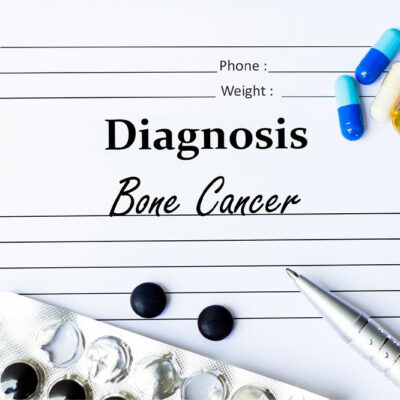
3 types of common signs of Huntington’s disease
Huntington’s disease or Huntington disease results in a progressive breakdown or a degeneration of nerve cells in the brain. This is a rare disease, typically passed down through generations, which means it is inherited. It impacts the functional abilities of a person, leading to cognitive, movement, and psychiatric disorders. There is no treatment to cure the disease completely; however, there are options to help manage the symptoms. Here are common signs of the disease. Signs and symptoms of Huntington’s disease The symptoms vary from person to person, as there is a wide spectrum of signs to look out for. Here are some symptoms that can be observed in patients: Movement disorders This kind of disorder involves not just involuntary movement disorders but also impaired movement disorders. Examples include writhing movements called chorea or involuntary jerking. Chorea is a movement disorder that occurs due to an overactivity of dopamine in brain areas that control movement. This overactivity leads to sudden, involuntary, irregular, and uncontrollable jerky movements, which can occur in the arms, legs, and facial muscles. Muscle issues like rigidity or muscle contracture (also called dystonia), slow or unusual eye movements, difficulty with speech or swallowing, and impaired gait, posture, and balance are noted.
Read More 





